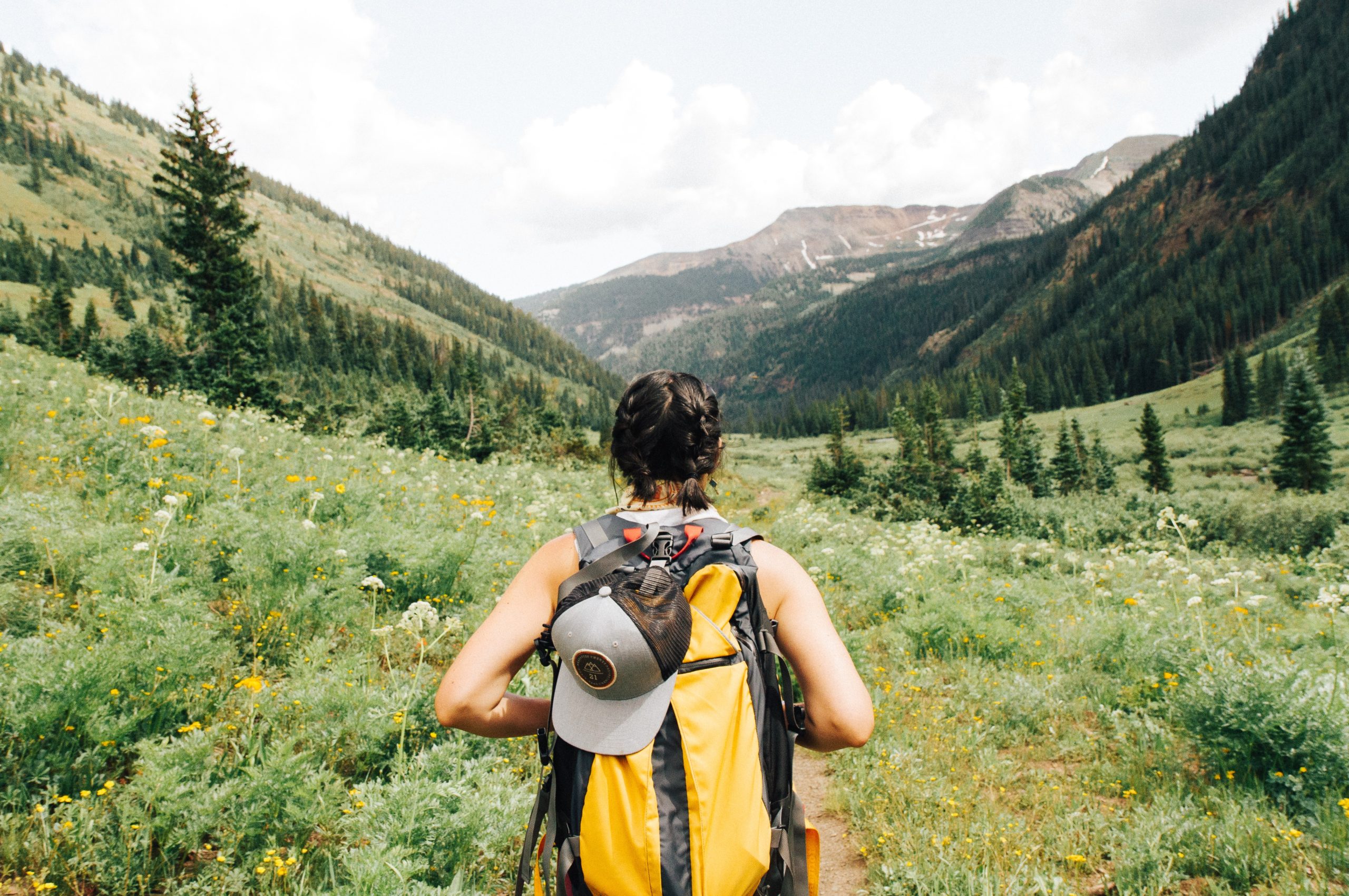
10 Eco-Adventure and Travel Tips (2023)
Adventurers love the world we wander. With that, we should be striving to make our adventures as eco-friendly and ethical as possible. But sometimes, you are just not sure where to begin. Here are a few ideas of how you can make your next trip in 2023 an eco-adventure. These range from lifestyle alterations to planning eco-travel decisions to small everyday changes.

Choosing Eco-Transport Options
1 – Avoid flying to your adventure
Flying is one of the most damaging actions to our environment, and therefore avoiding it is going to make a massive impact on your carbon footprint. While at times it cannot be avoided, many people do fly when there are alternatives available. Myself included. I often have to fly from London to go on my expeditions, so always book a seperate flight to London initially. It’s about the same cost as trains and buses, but is far easier. However, from now on I have vowed to start using public transport to get to London.
If you need to fly? Investigate airlines and providers participating in carbon off-setting. Note, while carbon off-setting is better than nothing, this does not reduce the carbon footprint of your flight (so actually wouldn’t class as eco-travel). It simply means the company in question participates in the scheme, whereby they invest in projects, such as tree planting or renewable energy, in line with what their carbon emissions are. You can use this website to calculate your personal footprint and donate to relevant off-setting projects.

2 – Public Transport, Car Sharing and Human Power!
On local adventures, try and use car sharing or other forms of transport. For Scottish hikers, Walkhighlands has this filter so you can look up hikes accessible by public transport.
Even better if you can hike or bike to your adventure – just extend the exploring! Doing an eco-adventure fully powered by your own steam is a rewarding challenge. You could even plan in a kayak or paddleboard as part of your journey!
If you need to drive, but are heading away with a few other folk, have a discussion about car-sharing. Not only will this reduce your carbon footprint, you will save money on petrol and if you’re meeting strangers, it’s a great way to break the ice!

Be Mindful with Adventure Gear
Did you know that the fashion industry is one of the biggest polluters in the world? 85% of textiles go to waste every year, many release micro-plastics into the water systems as we wash them and the emissions and water consumption is catastrophic. And don’t think that doesn’t include our adventure clothes – it absolutely does. So when buying gear for your next adventure, how can you tackle this?
3 – Try and buy second hand gear and clothes
It is not always possible to find what we need in second-hand form, but it is important to try. It’s sheer laziness not to. Many folk will take on a new hobby, buy all the new gear, only do it a couple times before leaving the gear sitting in a garage for years before selling on. The internet is full of outdoors gear being sold at amazing prices.
Second hand gear is the easiest way to make your next trip more of an eco-adventure. I’ve bought countless pieces of gear from eBay, and Facebook gear exchange sites such as this one have hundreds of pieces up for grabs.
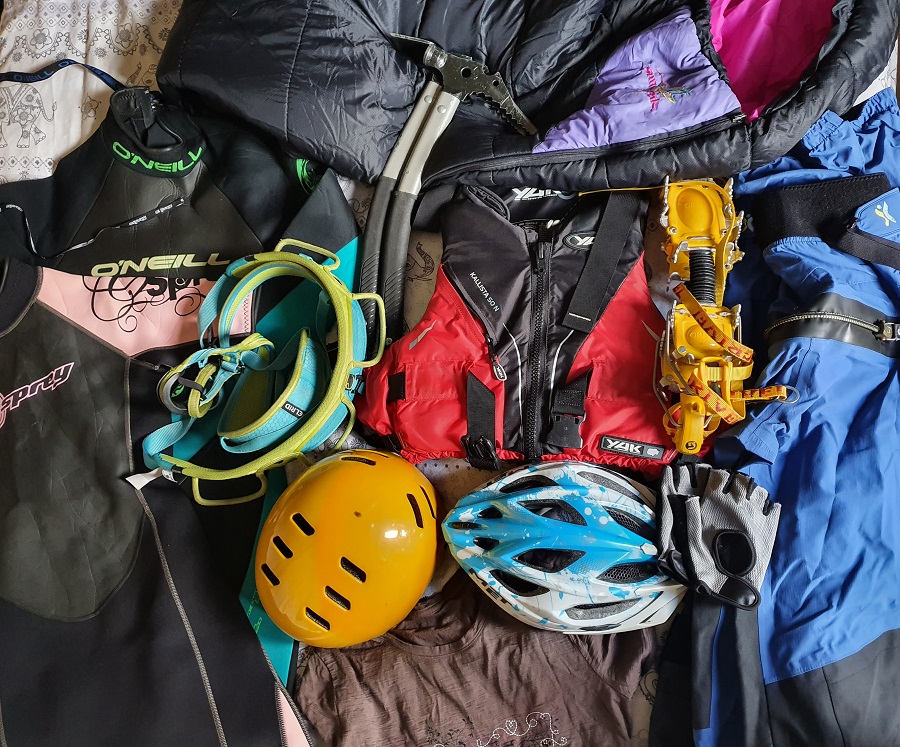
4 – When you do buy new, choose sustainable, ethical and eco-conscious brands
If you must buy new, investigate sustainable brands and, even better, small businesses. Some of my favourites are:
- Dirtbags – a small, UK business repurposing unloved adventure gear to create climbing chalk bags and, soon, clothing.
- Yugen Explore – a travel brand and another small business, emphasising reusable and long wearing items.
- Bonnie & Bee – a soon-to-launch small business selling active womens swimwear made from recycled ocean plastic
And when you do move to buy a new piece of kit or clothing, make sure it is something you truly like and will benefit from using over and over. Are you buying it on whim because the style is in-fashion right now? Maybe sleep on it and see if you still want it in a couple of days.
Sidenote: I recently wrote about how I made my Te Araroa hike more sustainable. Check it out!
Tackle the Plastic Crisis
As well as being eco-conscious with your spending, there are lots of changes you can make while on an eco-adventure to reduce your plastic contribution and clear up our world.
5 – Use plastic-free alternatives
It’s so easy to reduce plastic in every day life, but when on an adventure, a lot of our daily rules go out of the window. Here are a couple changes to help you along the way:
- Fill up water along the way with a reusable water bottle (I have an amazing EcoFlask), and use reusable cutlery with your packed lunch.
- Buy loose fruit and veg – even better if it’s from a local market.
- Invest in items that have compostable wrappers – such as these natural energy bars or these quick camping meals.
- Carry a reusable bag. Just because you are on a trip, doesn’t mean you can’t take a wee bag to the local market. When I was climbing in India, plastic bags were banned in the local area. Instead we were given small cotton bags, which I repurpose all the time at home!
Eco-travel is also about helping the local communities. Eating and buying locally supports the community you’re in, and also reduces your carbon footprint, as this generally means less transport to get the goods to the shop or restaurant.
6 – Litter pick while on your eco-adventure
While out exploring, pop a pair of gloves and a bag into your rucksack and have a litter pick en-route! This is something I am actively trying to make a habit in my life. This can be done locally or abroad too! Beaches, waterways and parks are all unfortunately hot-spots for trash being left.

Investigate Eco-Accommodation
7 – Choose camping
Given no heating or mains electricity is used, camping is a brilliant option for your eco-travel adventure. Do make sure you follow all camping guidelines, namely:
- Look up local camping laws and by-laws while planning your trip.
- “Leave no trace” is applicable no matter where you are. Anything you bring in to your camp spot, you take out with you.
- This includes responsible fires and being considerate when you “gotta go”. I love this What To Do When You Need To Poo article from Lomond & Trossachs National Park.
8 – Eco-Cottages and other Eco-Accommodation
If you’re not much of a camper, fear not. Eco-accommdation is thriving more than ever. Homestays support local communities, will help you learn about the place you are staying from the people who live there and are super affordable. They’re more eco-friendly as you’re staying small and local, rather than supporting a tourist-machine multi-plex hotel. If you are staying in a hotel, look up it’s environmental policies before booking. Most companies will have this somewhere on their site (and if they don’t, why not email them? It might spur them to look at their own practices too!).
There are also lots of eco-cottage and glamping options all over the world. A quick google of “eco-cottage” or similar, plus your location, will bring up plenty of options. Think: solar power energy, wood-burning fires and some even have eco hot tubs!

Responsible Trail Behaviour
We all love getting lost on a trail and embracing nature in every way. Eco-adventure and eco-travel is all about exploring the environment in a responsible manner.
9 – Reduce interaction with wildlife
You see a pod of dolphins on your paddle, a herd of deer on your hike or a dainty birds nest on your cycle. Coming across incredible wildlife moments are part of what makes special adventure memories.
When you come across animals, do be respectful. Keep your distance from animals. Do not try to feed or approach animals. Use commonsense to not interrupt their day. Interacting with animals can sometimes cause issues in their lives – parent birds and seals have been known to abandon their young after humans have interacted with them.
And yes, sometimes animals will approach you and want to interact with humans. Which is a truly wonderful experience. Do not ever assume this, however.
10 – Stick to Trails
If there is a trail you are following, stick to it. Trails have been placed for a reason. Coming off trail can damage the flora and fauna, and severely impact the ecosystems. If you do need to go off-trail for any reason, make sure you get back on the correct path as quickly as possible, and be mindful of where you are stepping.
You have the knowledge – so get planning!
Where are you off to on your eco-adventure? Somewhere local or further afield? Let me know in the comments! I’m planning a BIG adventure at the moment, and hope to make it as eco-friendly as possible. If you’re part of my newsletter, you’ll be the first to hear its announcement!
I share all of my content free of charge, but if you’d like to support me (thank you!), I do love hot drinks.
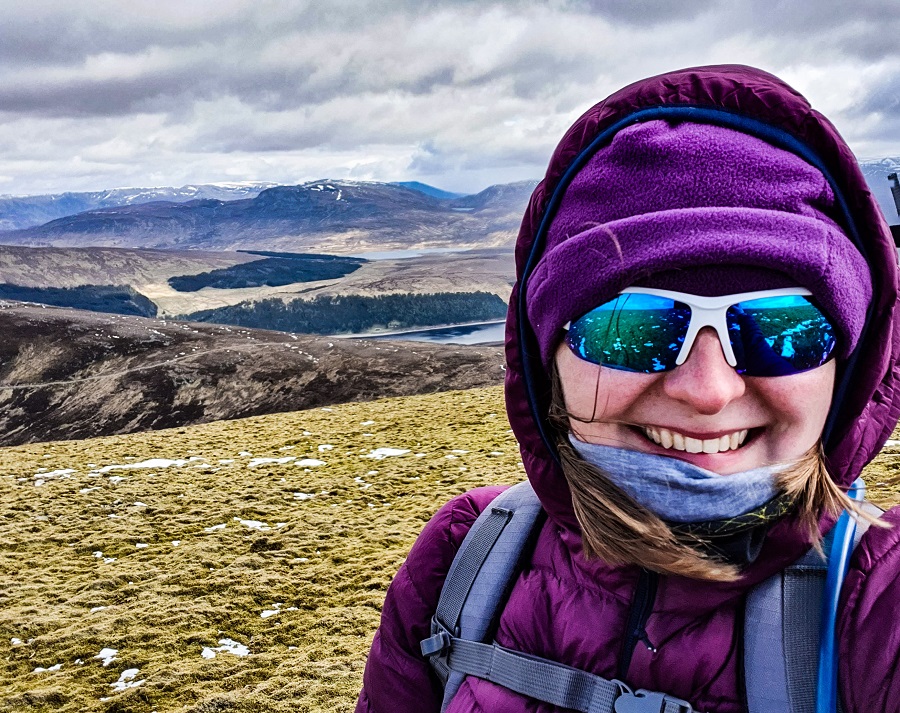

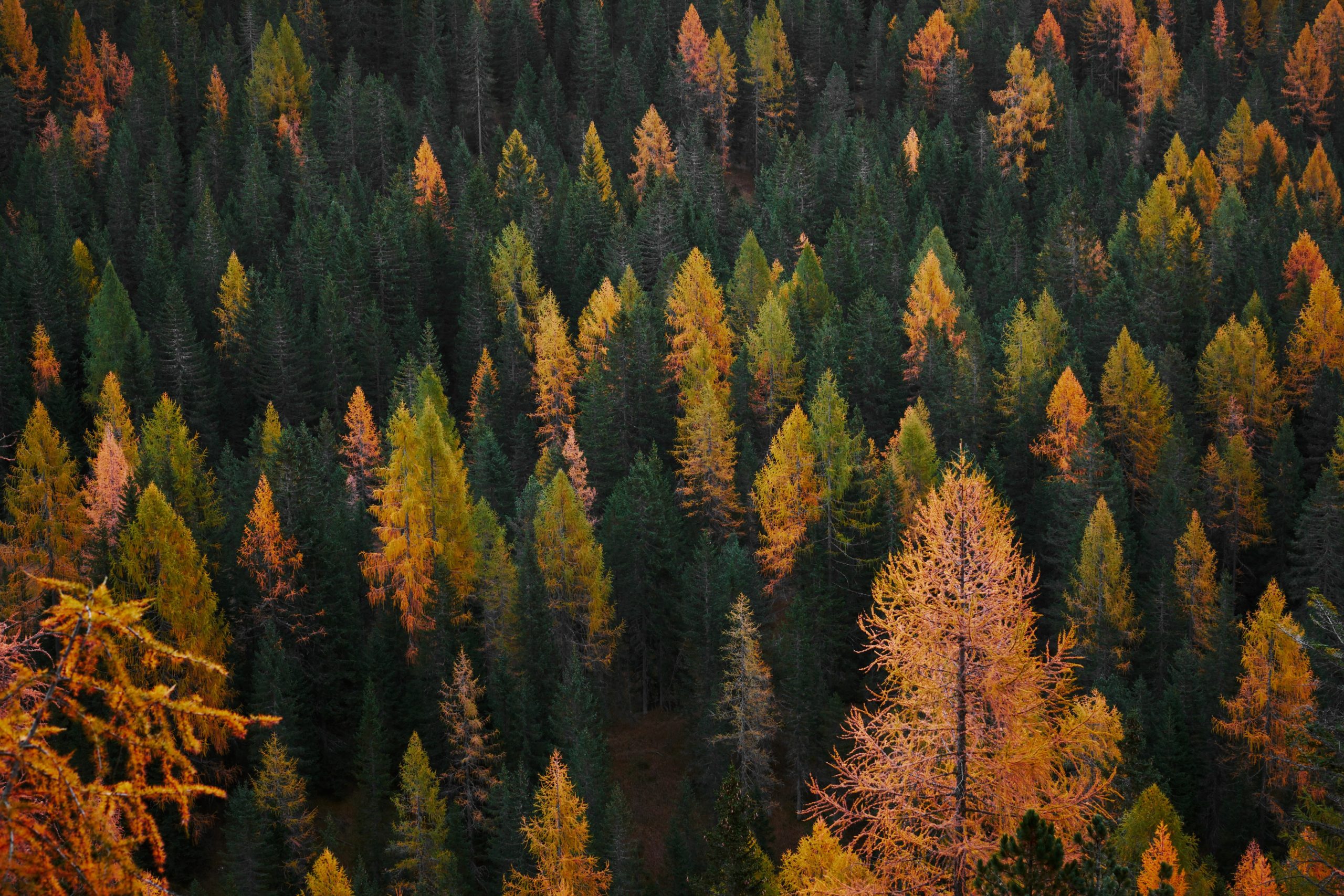
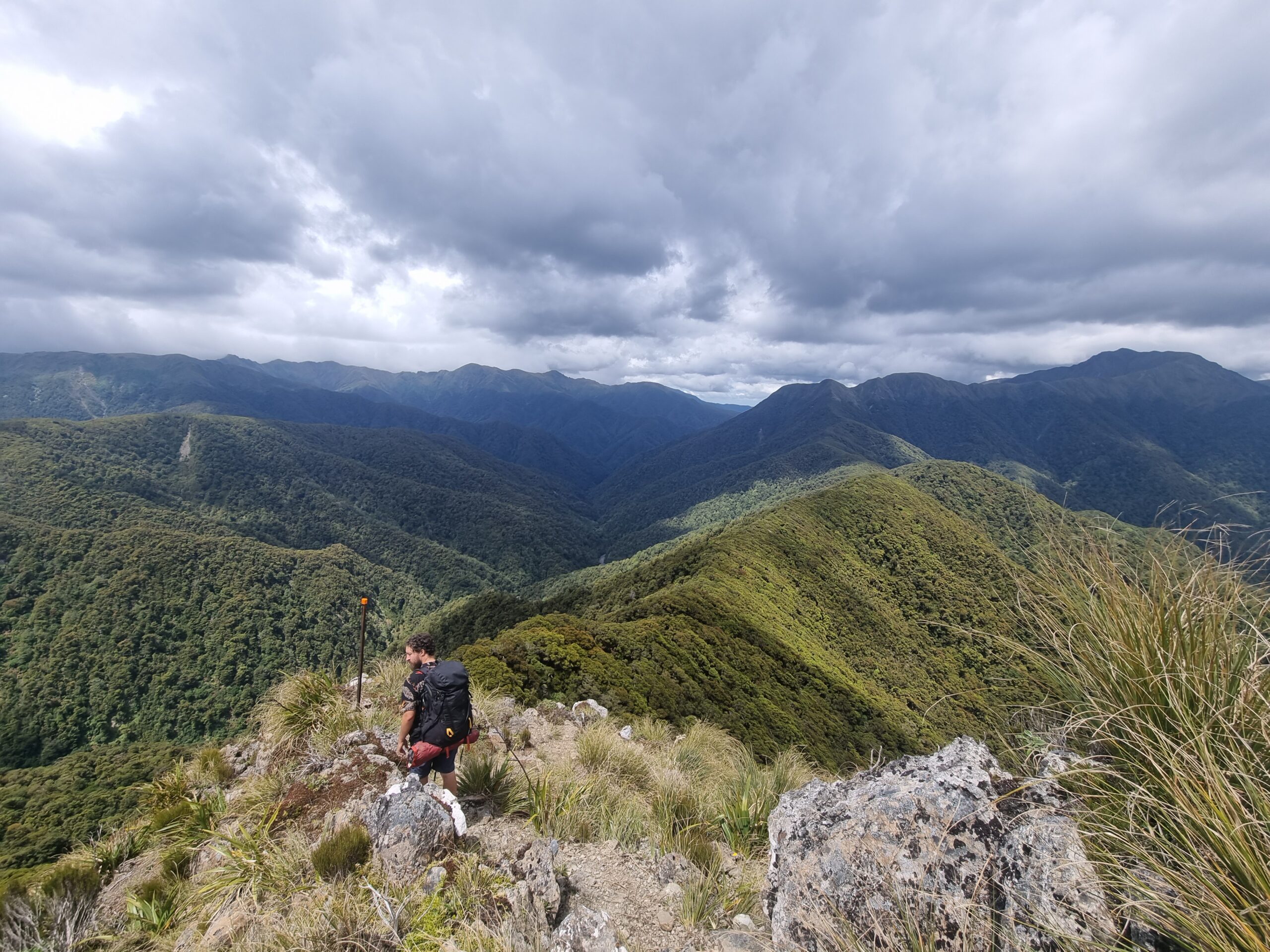
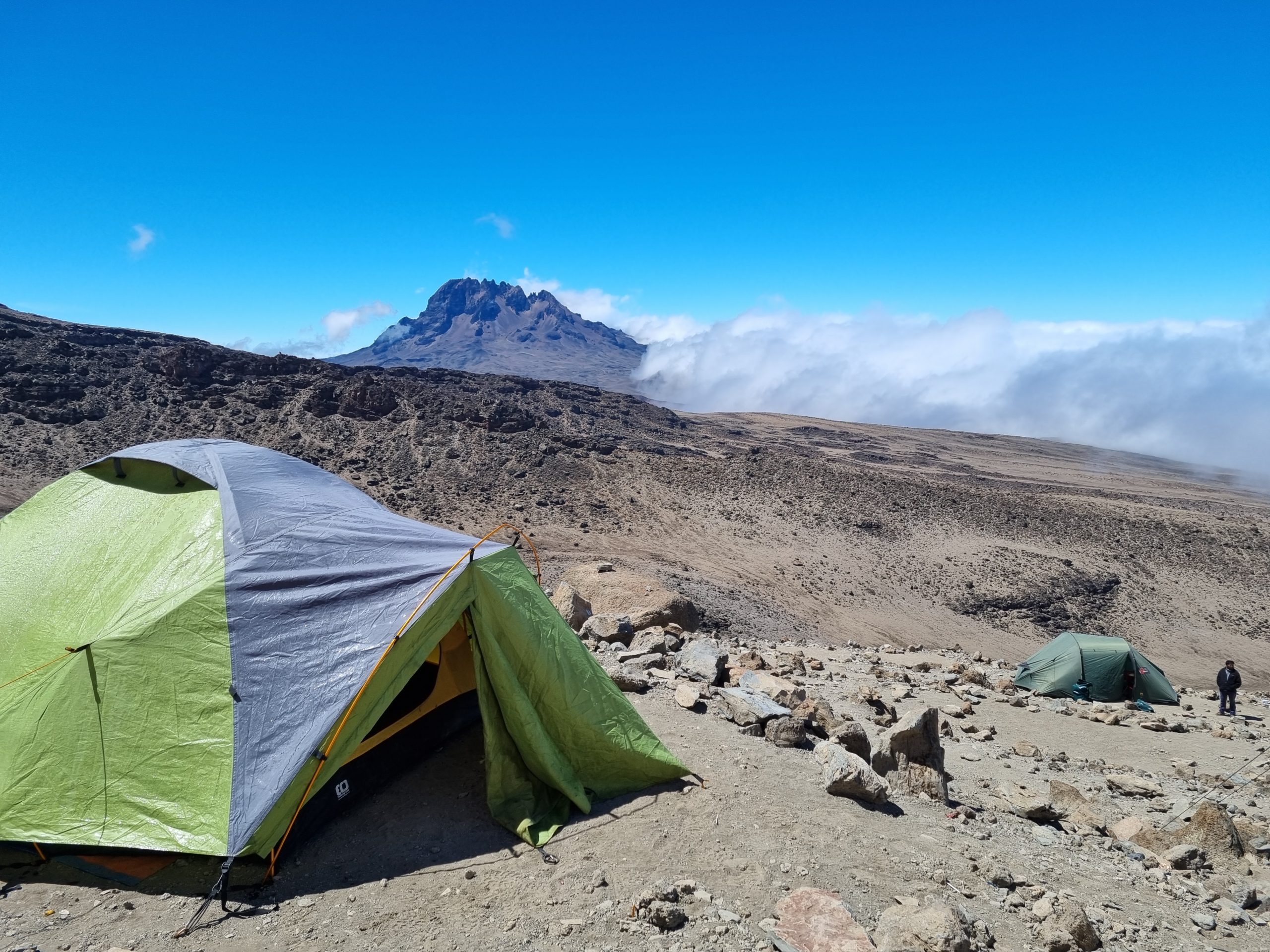
12 Comments
Tim Scottius
Great article! I really like how a lot more airlines are now using “carbon offsetting”, and it isn’t expensive either.
Not sure if you’ve heard of Depop but its amazing for second hand clothing and equipment, certainly worth checking out.
I look forward to reading more of your posts
Iona
Thanks for the kind words Tim! I have heard of Depop, but haven’t actually spent any time on it yet – I’ll check it out!
Karen
I really enjoyed this post and the values behind it.
There are so many ways to travel responsibly. Staying accountable to hard choices is key.
Iona
Thanks Karen, I completely agree!
Kristen Swann
I always take a set of reusable plastic bags to use for packing snacks on my adventures. Yes, they are plastic, but they are durable and I have been using the same bags for 3 years now. Just one of the things I’ve come up with to lower my carbon foot print.
Iona
Brill Karen! It is super important we all keep making changes. Lots of small changes, can equal big change over all 🙂
Kim
These are such good tips! I’ve been trying to reduce my plastic for ages, but its hard when traveling.
Iona
Thanks Kim! It is so easy to forget about when travelling, I do it a lot. Definitely changing though.
Farrah
Thanks so much for raising awareness on this! I’ve switched over to mostly reusable things (e.g. utensils, bags, water bottles, bulk buying products using reusable containers instead of using a billion plastic bags) and try to pick up trash on my hikes. I’m definitely going to have to check out those companies too!
Iona
Nice one, that’s awesome Farrah! 🙂
Iona R
Loved this so much. Heaps of wonderful advice that’s actually achievable for so many of us 🙂
admin
Aw thanks Iona, that’s really sweet! 🙂